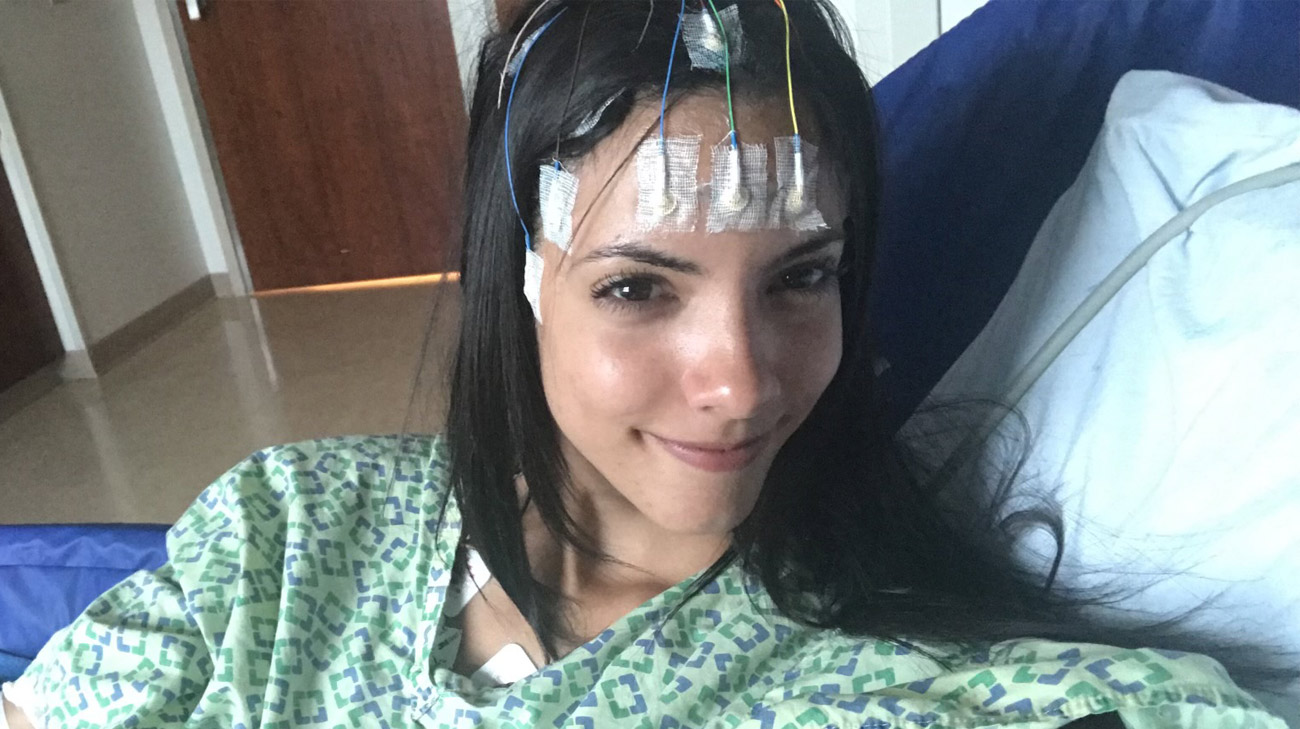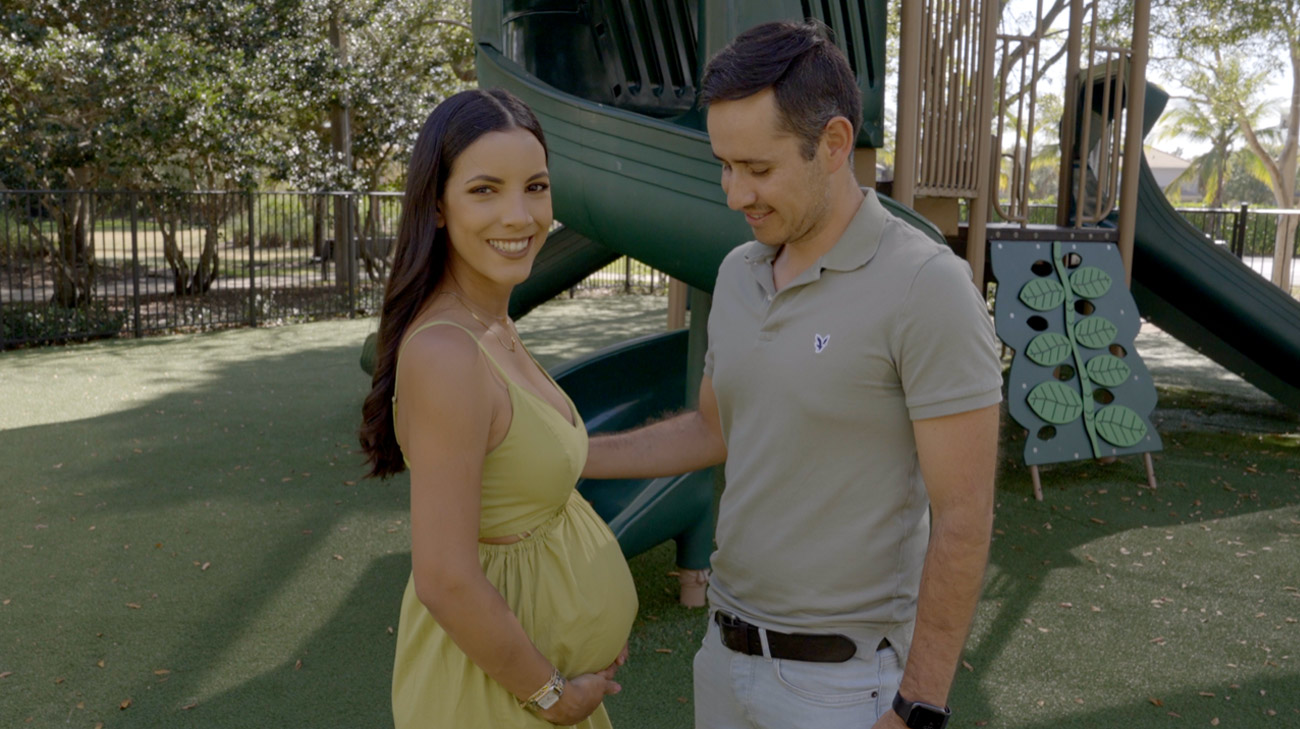At 30 years old, Yasnaly Romero is finally living the life she’s always wanted as a mother but was worried she would never have.
In 2011, she and her family moved to South Florida from Venezuela. Yasnaly had been dealing with seizures for a while, but doctors had not been able to find the right treatment for her. After moving to Florida, her seizures worsened to the point that one day she went to the emergency room at Cleveland Clinic Weston Hospital.
“She was having multiple and frequent seizures,” says Camilo Garcia, MD, a neurologist and epileptologist at the Epilepsy Center at Weston Hospital. After thorough testing, Dr. Garcia and his team confirmed Yasnaly had epilepsy.

Yasnaly was prescribed several medications to try to eliminate her seizures, but she said they made her feel like a “zombie.”
“I had no life. I couldn’t do anything,” she says. She was also concerned about how the epilepsy and medications would affect her ability to have children one day. She had her heart set on a future that included marriage and children.
Badih Adada, MD, a neurosurgeon and chair of the Neurological Institute, says that once patients get to the point of having tried several epileptic medications and are still having seizures, it is time to consider surgical options.
Yasnaly says that when Dr. Garcia suggested surgery, she liked the idea and agreed to it right away.
“By then I was tired, so tired of everything,” she says. “And I was too young to be going through what I was going through. I wanted the possibility of a normal life.”
Drs. Adada and Garcia first needed to determine which areas of the brain were causing Yasnaly’s seizures and how close they were to the areas responsible for critical functions such as speech, motor skills and memory. To do that, they performed a minimally invasive procedure called a robotic stereoelectroencephalography (SEEG), in which electrodes were implanted into Yasnaly’s brain. They were able to pinpoint the epileptogenic zone, or the area where the seizures were coming from.

With that knowledge, Drs. Adada and Garcia were able to carefully plan Yasnaly’s surgery. She then underwent robotic-assisted surgery to resect, or remove, the area that was causing the seizures. Robotic-assisted surgery is beneficial because it helps lower recovery time and pain. She has not had a seizure since.
Yasnaly believes everything happened in the time frame it was meant to. She met Diego, the man who is now her husband, when she was recovering from the surgery. Four years later they had a healthy baby girl, and Yasnaly is currently pregnant with her second child.
“I really feel so happy to be able to make my dreams come true and have a normal life, a life I dreamed of,” she says.

Yasnaly says the staff at Cleveland Clinic Weston Hospital were very warm and comforting and she never felt like she was alone. She and her family had come to the United States alone and her mother had younger children to take care of while Yasnaly underwent the procedure.
“I want to thank all the doctors,” she says. “They gave me the ability to live again. They really are incredible.”
Related Institutes: Neurological Institute

